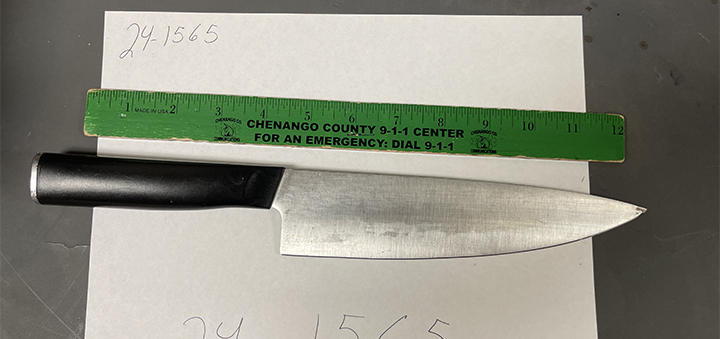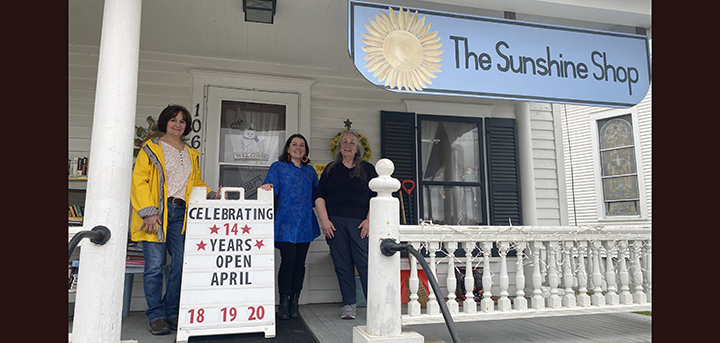Dangers To US Liberties We Missed On July 4th
Published:
July 11th, 2014
By Nat Hentoff, NEA Columnist
Of all I read about July 4 on that celebratory day, by far the most important and not otherwise mentioned anywhere else was an article titled "Celebrating History We Don't Remember" by Ashley Bateman of the Lexington Institute in Arlington, Virginia, which startlingly appeared in the New York Post that very day.
Its essence -- which surprised even me, who has been reporting on this frightening failure of American public education for years:
"Last administered in 2010, the last national civics assessment showed that less than half of eighth-graders understood the purpose of the Bill of Rights and only 10 percent displayed age-appropriate knowledge of our government's system of checks and balances" -- that's the constitutional separation of powers which bars any one of our three branches of government from reigning over the other two, as President Obama has kept doing most voraciously.
What I also did not know and saw nothing about anywhere else: "Last year the U.S. Education Department (claiming budget pressures) canceled the American history and civics tests within the National Assessment of Educational Progress.
"This 'gold standard' test had been our single best tool to measure how well our schools teach (American) history and civics." In my reporting, I often called it "Our National Report Card."
But now, Ashley Bateman continues, "rather than working to repair this crucial failing of our schools, we've stopped tracking it."
I've yet to see any presently known candidate for our presidency say a word about any of this.
Here is how appallingly we -- including parents ignorant of our history -- are failing our public school students, and not only under Obama:
"Until the middle of the 20th century, most American high schools offered three courses in civics and government focusing on current events, civic engagement and democracy ... -- topics that are now lumped together, and subjects for which schools are rarely held accountable for teaching well." And most schools don't teach them at all.
Actually, I've long been advocating regular class discussions and debates among students on current events locally, nationally and globally that have been preceded by wide-ranging reading assignments in school on such controversies.
As Ashley Bateman all too correctly warns: "As young people leave school and enter the workforce, their lack of civic awareness often translates into a lack of active social involvement -- including in the voting booth."
An especially knowledgeable source of information on the actual effective teaching of civics in our public schools is CIRCLE: The Center for Information and Research on Civic Learning and Engagement, located at Tufts University in Massachusetts.
Among its recommendations: "School Governance: Schools should encourage student participation in school governance."
Years ago, I was a guest teacher at a Bronx, New York, high school while the city schools were involved in fierce disputes with the Department of Education on the renewal of the current system-wide contract.
One afternoon, I asked the students at the classroom where I was teaching what changes they'd suggest in the governance of their own school if they had the opportunity.
It had been a reasonably lively classroom until then, but suddenly it exploded with very specific approaches the students would take to address more of their individual needs and frustrations.
Among other CIRCLE proposals: "Service-Learning: Schools should design and implement programs that provide students with the opportunity to apply what they learn through performing community service that is linked to the formal curriculum and classroom instruction."
Students would then learn to be an active part of their community -- an experience that obviously would add to their awareness and depth of knowledge as present and future voters where they live. That is civics in action.
CIRCLE also addresses those officials who are policy makers for public schools. They "must ensure that civic learning is included alongside English, math and science as a core subject, emphasized by standards and assessments at the federal, state and local levels."
And don't forget to educate teachers in civics teaching, adds CIRCLE: "Entities that provide pre-service and in-service teacher professional development should expand and approve their offerings in the areas of civic learning."
But, of course, as students learn how to participate as actual American citizens in public schools that are living, formative illustrations of the self-governing republic created by our founders, some will naturally and intensely evolve into future local and state legislators, members of Congress and presidents who know why they are Americans beyond political party affiliations.
Justice William Brennan once earnestly asked me, "How can we get the Bill of Rights into the very lives of students?"
By making it an often-exhilarating part of their learning American history in their very schools. Let's get to it!
Comments
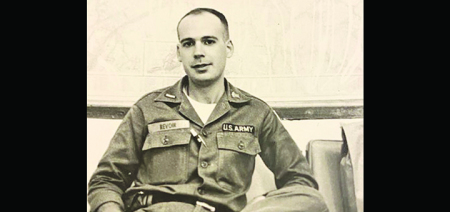

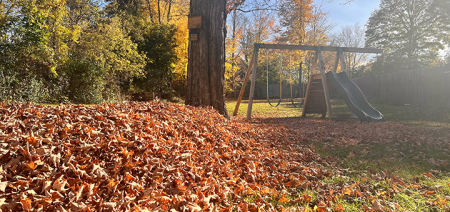
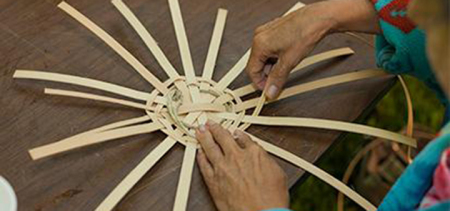
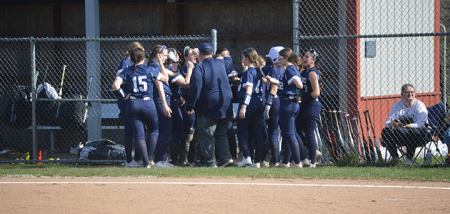
(1).jpg)
